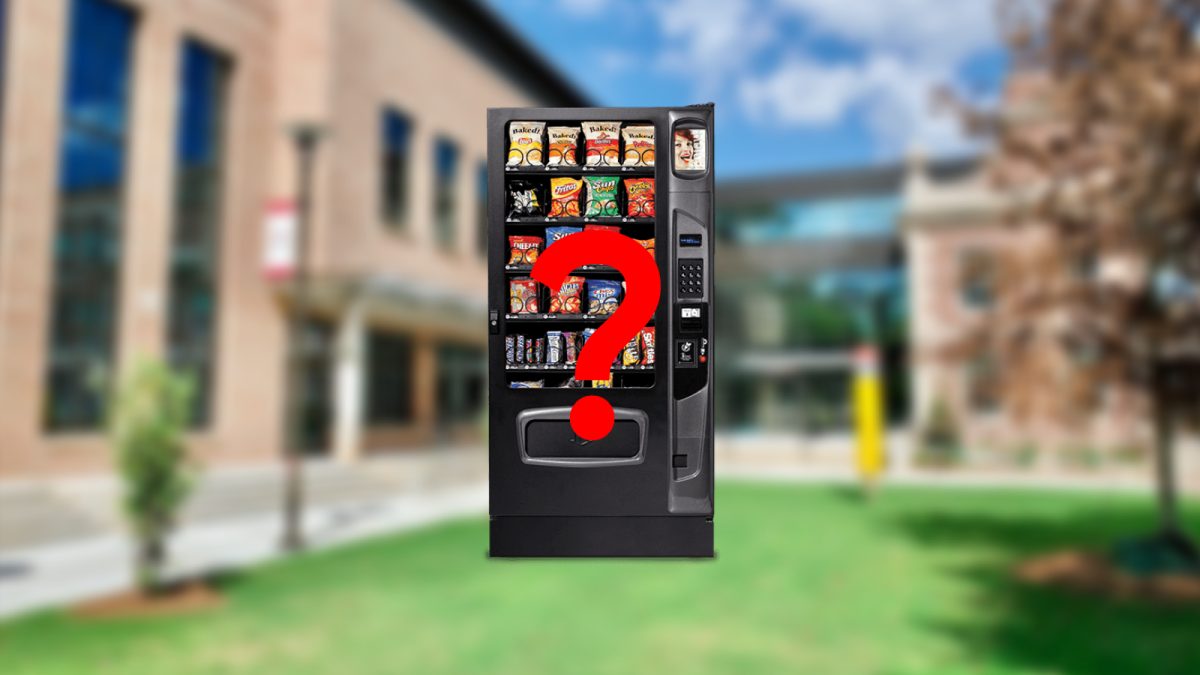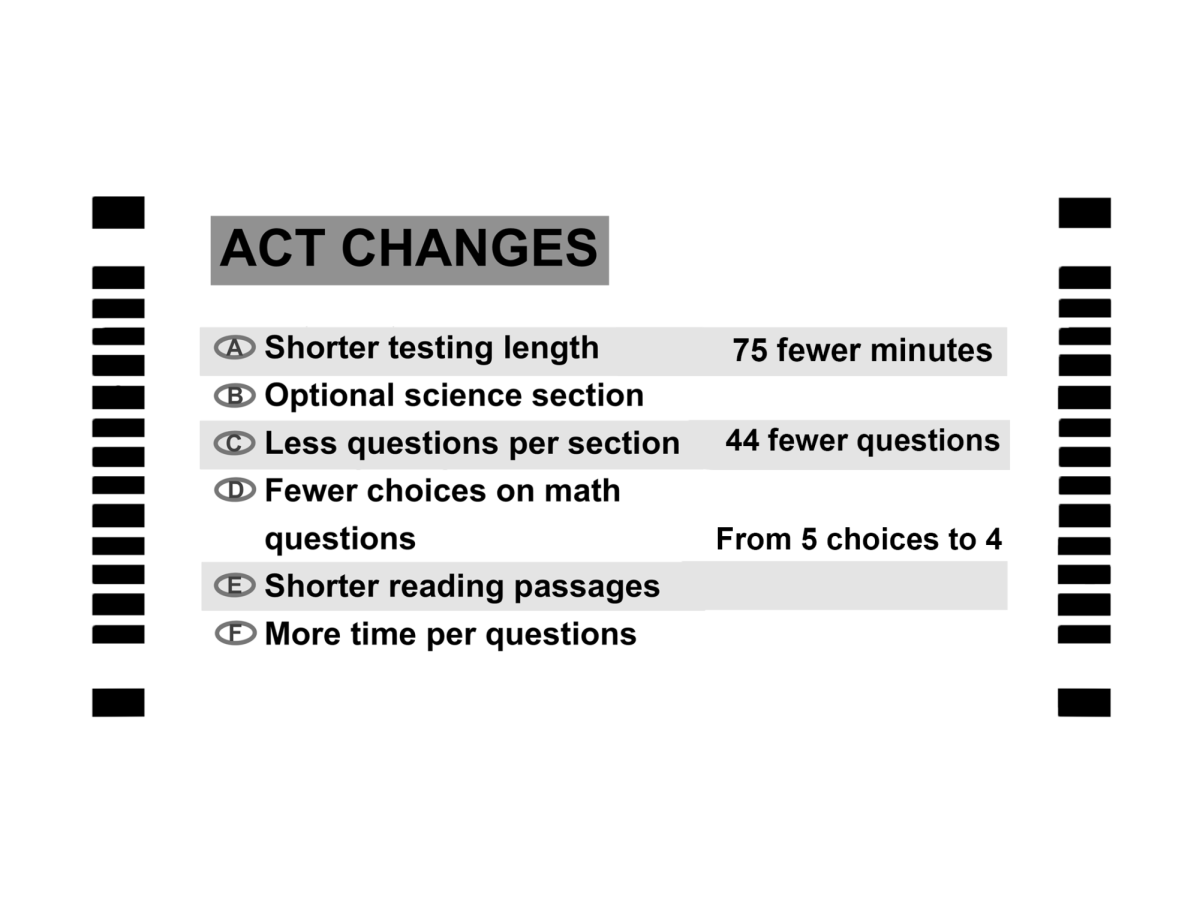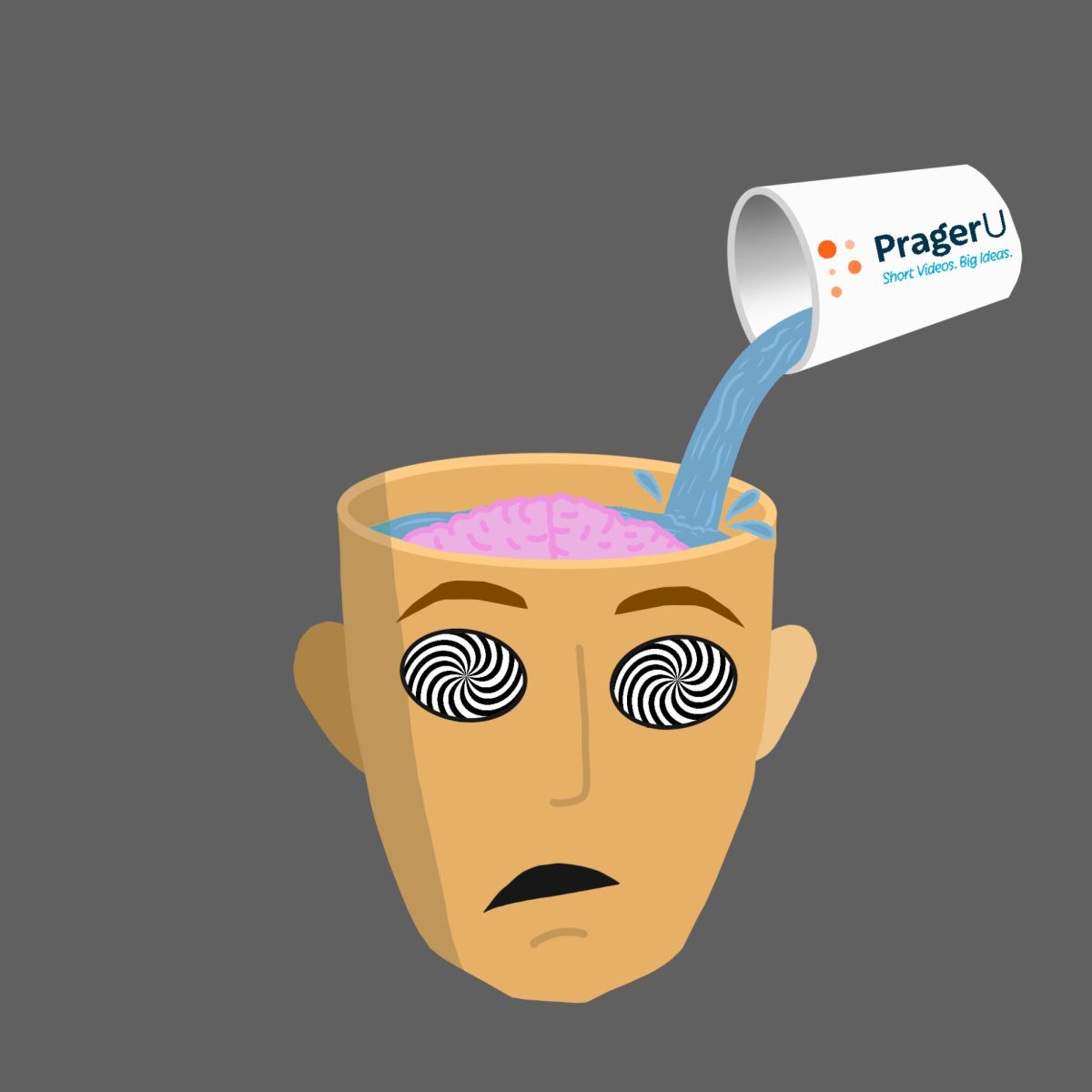In the United States, 98 percent of high schools have vending machines; Midtown is a part of the 2 percent that don’t. This is something that should be implemented within Midtown as it would enhance the lives of a student by enhancing their nutritional status, thus improving their mood and ability to learn.
Dispersing vending machines throughout Midtown’s campus would be beneficial because it could improve students’ overall nutritional status. Midtown’s vending machines could have healthy snacks and drinks as opposed to junk food and sugary drinks. This would allow students to have easy access to healthy food throughout the day.
According to Healthline, while needs vary, most teens need three meals per day plus a snack or two, depending on factors like activity levels as well as body size. Vending machines would be beneficial to students who have second lunch, which means they have to wait until 1:46 pm to eat lunch. Students aren’t allowed to eat in class, so that means that students have to wait six to seven hours to eat after breakfast. Vending machines would allow students to have a quick snack in between classes, instead of getting tired and uninterested because they are hungry halfway through the second or third period.
Furthermore, vending machines would improve students’ moods and allow them to soak up all of the content they possibly can. Food energizes students and in turn, allows them to be chipper and more focused. According to Harvard Health School, your brain is always ‘on.’ It works hard 24/7, even while you’re asleep. This means your brain requires a constant supply of fuel. That “fuel” comes from the foods you eat. Having the ability to snack in between periods would build student motivation and engagement significantly. A significant increase in energy would ensure students’ continuous social and academic engagement throughout the day.
Additionally, the implication of vending machines within Midtown would encourage students to stay on campus during lunch. Midtown doesn’t allow students to leave campus during their lunch, but some students still do. The main reason for this could possibly be Midtown’s lack of quality school lunches. Vending machines would counteract that by giving students access to food they actually want to eat. According to Vending Locator, one of the most tangible and significant benefits of vending machines within schools is encouraging kids to stay on campus, where they are much safer rather than being off campus
However, some may say that the implementation of vending machines within Midtown, or any other high school, is a bad idea because obesity rates would increase. But that’s simply not true. Unless a student is spending all of their time eating (which is impossible because Midtown students aren’t allowed to eat in class), this would be an irrelevant concern.
According to HealthyYOU Vending, in July 2014, the USDA implemented a new set of standards for all snacks or drinks that are sold during school hours that are not reimbursable through federal school meal programs. These foods are called competitive foods and must meet or exceed a particular set of nutritional guidelines to be sold on school property from midnight until 30 minutes after school has been released. The standards implemented by the USDA mean that all snacks or drinks sold within school hours must adhere to the following: less than 200 calories, less than 35% saturated fat, 0 grams of trans fat and nutritional value instead of “empty calories.”
Midtown’s overall atmosphere would be significantly enhanced if there was the simple implementation of vending machines on campus as students would have the option to have a significant boost of energy, which would in turn increase student engagement.














